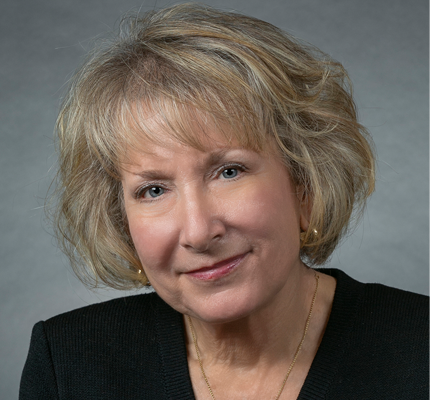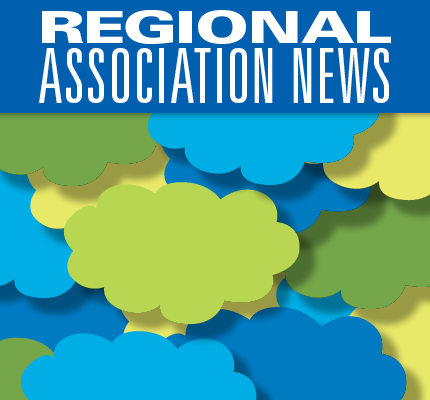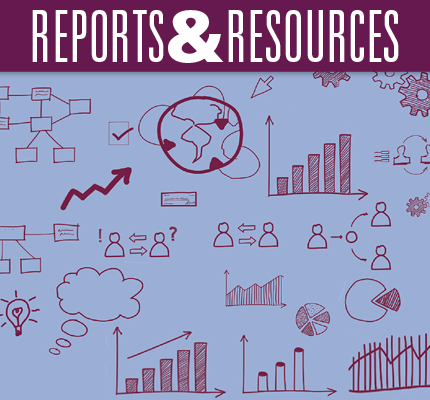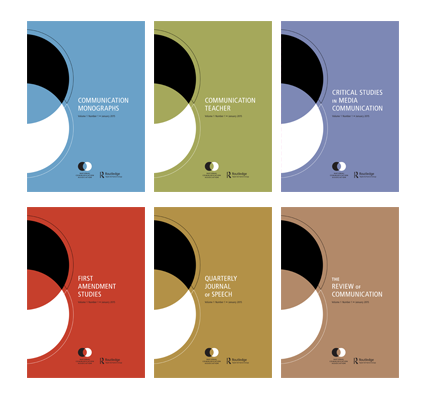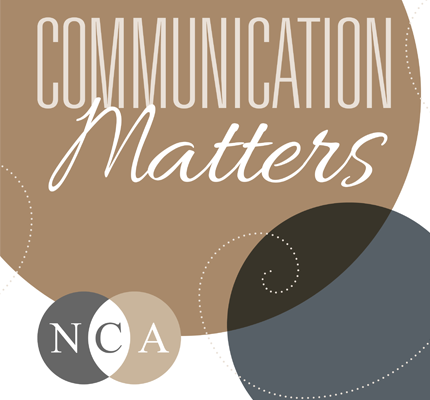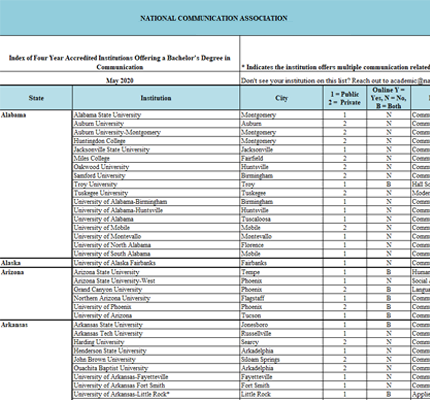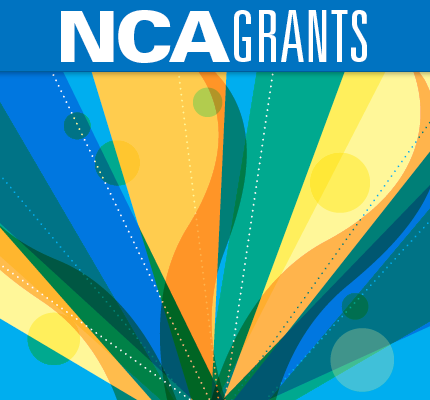September 03, 2020
Dr. Xiaoli Nan is a Distinguished Scholar-Teacher and Professor of Communication and Director of the Center for Health and Risk Communication at the University of Maryland-College Park. Dr. Nan researches in the areas of persuasion and health message design as well as the role of traditional and emerging media in public health. With more than 70 peer-reviewed journal articles, Dr. Nan has published extensively. Dr. Nan has received research support from the National Institutes of Health, the Department of Energy, and the Food and Drug Administration. Dr. Nan is the recipient of the American Public Health Association’s Mayhew Derryberry Award for outstanding contributions to health education research and theory and was recently named a Lewis Donohew Outstanding Health Communication Scholar by the Kentucky Conference on Health Communication.
1. Some of your past research has addressed the H1N1 flu. What did you find when researching college students’ beliefs about H1N1 and the H1N1 vaccine?
We found that college students’ perceived severity of the H1N1 flu and perceived effectiveness of the H1N1 vaccine are predicted by their tendency to discount distant consequences of their decisions. The more they discount future consequences, the less they perceive the H1N1 flu to be a serious problem and the H1N1 vaccine to be effective. Perceptions of flu severity and vaccine effectiveness, in turn, predict vaccine uptake.
2. What can we learn from your research on H1N1 that may be relevant to the COVID-19 pandemic?
There will be a lot of hurdles to cross when it comes to persuading the public to get the COVID-19 vaccine once a safe and effective one becomes available. Overcoming the tendency to discount future consequences is but one challenge. Gaining public trust in government and public health professionals is going to be crucial. Crafting messages that appeal to individuals’ deeply held values will hold the key to swaying a skeptical public.
3. You’ve also looked at how people use emerging media to criticize the HPV vaccine. Are similar factors at play with the spread of COVID-19 conspiracy theories?
There is no doubt that the proliferation of COVID-19 conspiracy theories is greatly aided by social media. COVID-19 misinformation, including conspiracy theories, presents significant challenges to public health communication during this pandemic. Misinformation leads to misperceptions, which could potentially lead to harmful behavior. Current efforts to mitigate the impact of misinformation include media literacy training and debunking strategies.
4. What’s your philosophy when working with graduate students on research projects?
I greatly enjoy working with graduate students on research. I like to provide them with a general road map and let them explore how to get from A to B. This way, they are on a guided tour with opportunities to experience the ups (discoveries!) and downs (frustrations!) of conducting research. They need the passion and perseverance to succeed when they become independent scholars.
5. As you may know, applications for NCA’s grants are due October 1. What advice would you give graduate students or early career scholars applying for grants to support their work?
Depending on the source of the grants and the purpose for which they are set up, there may be different strategies. By and large, however, I believe that to be successful in obtaining research funding, one’s research has to address practical problems. It helps if solving those problems is considered important and urgent. Using preliminary data to demonstrate how your ideas will work is very powerful; gathering pilot data may be the key, especially when going after competitive grants.


